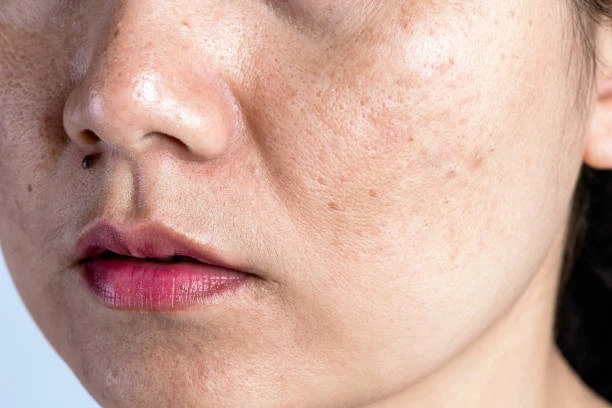Pigmentation is a common skin concern that affects many people, especially those with fair skin. Pigmentation refers to the darkening of the skin in certain areas, caused by the overproduction of melanin.
Sun damage is a major contributing factor to pigmentation, as the sun's UV rays can trigger melanin production in the skin. In this blog, we will discuss pigmentation treatment in Bangalore, including how to protect your skin from further damage.
Understanding Pigmentation
Before we delve into pigmentation treatment, it's important to understand what causes pigmentation in the first place. Melanin is a pigment that gives color to our skin, hair, and eyes.
When our skin is exposed to the sun, UV rays trigger the production of melanin, which causes our skin to darken. Over time, repeated sun exposure can lead to the development of pigmentation, such as freckles, age spots, and melasma.
Melasma is a type of pigmentation that is characterized by dark, irregularly shaped patches on the face. It is more common in women than men and is often associated with hormonal changes, such as pregnancy or the use of birth control pills.
Pigmentation Treatment Options
There are several pigmentation treatment options available, depending on the type and severity of pigmentation. These include:
Topical Treatments
Topical treatments, such as hydroquinone and retinoids, can be used to reduce the appearance of pigmentation by suppressing melanin production and promoting skin cell turnover. These treatments can be applied directly to the affected area and can take several weeks to months to see results.
Chemical Peels
Chemical peels involve the application of a chemical solution to the skin, which exfoliates the top layer of skin cells and reduces the appearance of pigmentation. Chemical peels can be customized to the individual's skin type and pigmentation concerns and can be performed at varying depths.
Laser Therapy
Laser therapy uses intense pulsed light (IPL) to target and break up pigmentation in the skin. The light energy is absorbed by the pigment, which then breaks down and is absorbed by the body. Laser therapy can be effective in treating a variety of pigmentation concerns, including melasma.
Microdermabrasion
Microdermabrasion is a non-invasive procedure that uses a diamond-tipped wand to gently exfoliate the top layer of skin cells. This can help reduce the appearance of pigmentation and improve skin texture and tone.
Protecting Your Skin from Further Damage
In addition to pigmentation treatment, it's important to take steps to protect your skin from further damage. This includes:
Wearing Sunscreen
Sunscreen is the best way to protect your skin from sun damage and pigmentation. Choose a broad-spectrum sunscreen with an SPF of 30 or higher, and apply it to all exposed areas of the skin daily.
Wearing Protective Clothing
In addition to sunscreen, wearing protective clothing can also help protect your skin from the sun's harmful rays. This includes long-sleeved shirts, hats, and sunglasses.
Avoiding Peak Sun Hours
The sun's rays are strongest between the hours of 10 am and 4 pm, so it's best to avoid being outside during these times if possible.
Staying Hydrated
Drinking plenty of water can help keep your skin hydrated and healthy, which can reduce the risk of pigmentation and other skin concerns.
Treating Underlying Health Conditions
Certain health conditions, such as hormonal imbalances, can contribute to pigmentation. Treating these underlying conditions can help reduce the risk of pigmentation and improve overall skin health.
Conclusion
Pigmentation is a common skin concern that can be effectively treated with a combination of professional treatments and at-home measures to protect your skin from further damage.
It's important to consult with a skincare professional to determine the best pigmentation treatment for your individual needs.
Melasma, in particular, can be a challenging form of pigmentation to treat, as it is often associated with hormonal changes. However, with a combination of topical treatments, chemical peels, and laser therapy, significant improvement can be achieved.
It's important to remember that prevention is key when it comes to pigmentation and sun damage. By protecting your skin from the sun's harmful rays, staying hydrated, and treating underlying health conditions, you can reduce the risk of developing pigmentation and other skin concerns.
At Skin Clinic, we offer a range of pigmentation treatments tailored to your specific needs. Our team of experienced skin specialists can assess your skin concerns and create a personalized treatment plan to help you achieve your skin goals. Contact us today to schedule a consultation and start your journey towards brighter, healthier-looking skin.


